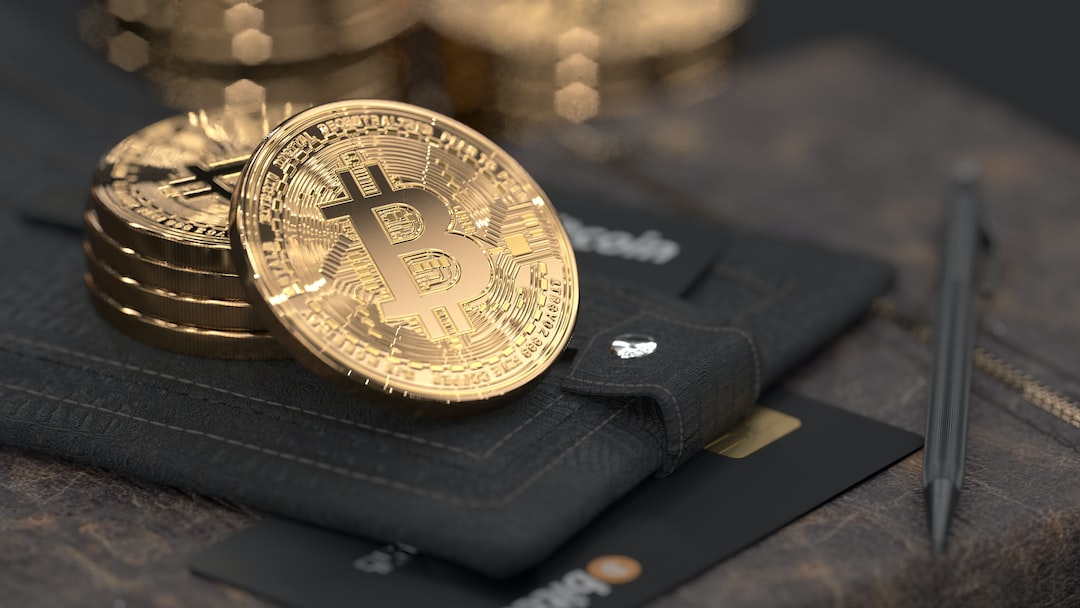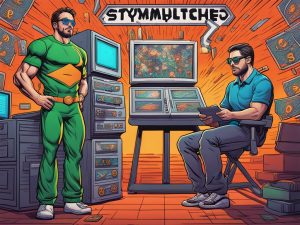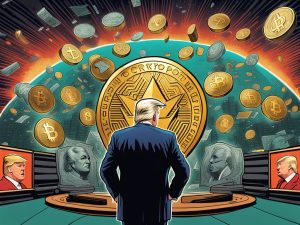The Ripple Debate
Judge Analisa Torres’ recent decision in the SEC-Ripple case has sparked discussions regarding the categorization of Ripple’s institutional XRP sales as securities. Retail investors have a different outlook compared to institutional investors, leading to the distinction between programmatic sales on secondary markets and institutional sales.
Schwartz’s Counterargument
David Schwartz, Ripple’s CTO, argues against the notion that an asset should be permanently labeled as a security once introduced as such. He disagrees with the SEC’s position and highlights the discrepancies in the Bittrex case. Schwartz believes that the nature of a sale should not determine the asset’s status.
Jason Coombs Weighs In
Jason Coombs presents an alternative perspective, drawing parallels to the Howey case. He argues that it is the transactional essence, not the physical movement of assets, that designates them as securities. Coombs believes the sale of Howey Trees constituted an investment security scheme.
Schwartz Isn’t Backing Down
Schwartz counters Coombs’ viewpoint by emphasizing the distinction between transferring contractual rights and selling trees. He argues that the association with an investment contract does not automatically make a product a security. Schwartz believes that going beyond the formalities of a contract is crucial in determining an asset’s status.
Hot Take
The debate over whether XRP is a security continues to divide opinions. It is essential to consider the different perspectives presented by experts like David Schwartz and Jason Coombs. Ultimately, the resolution of this debate will have significant implications for the future of Ripple and the crypto industry as a whole.





 By
By
 By
By

 By
By

 By
By